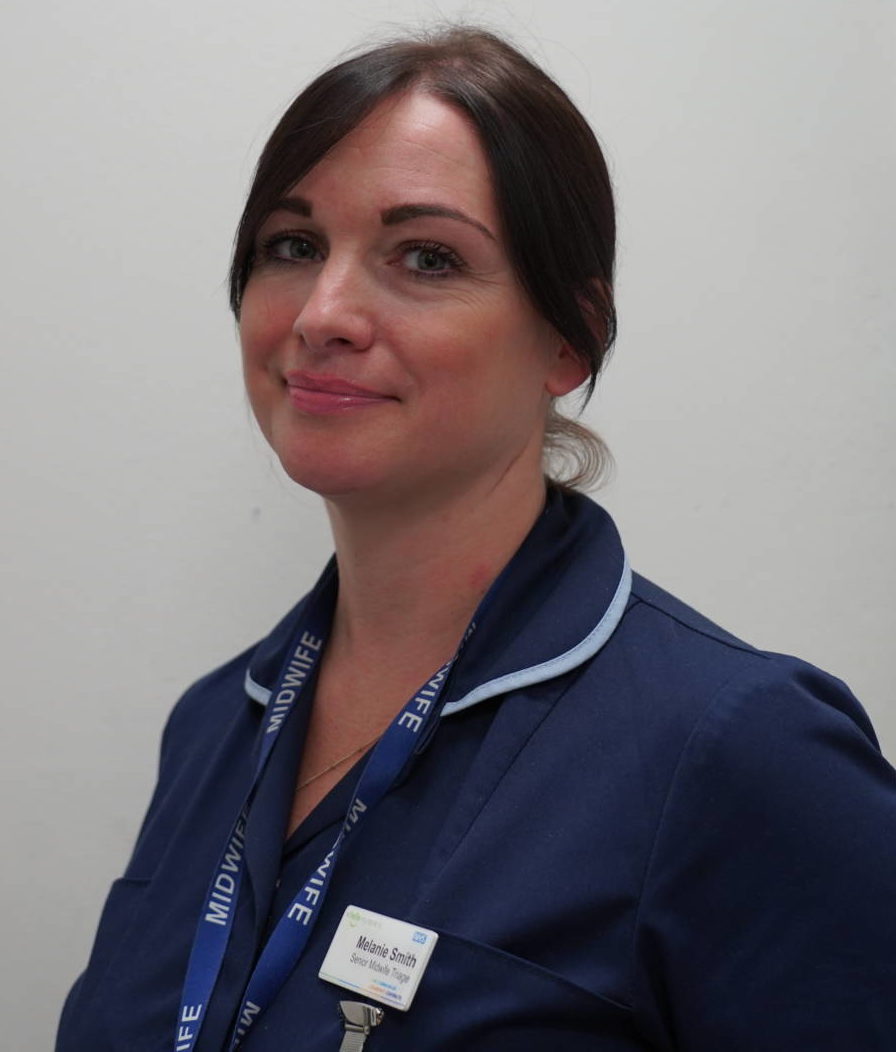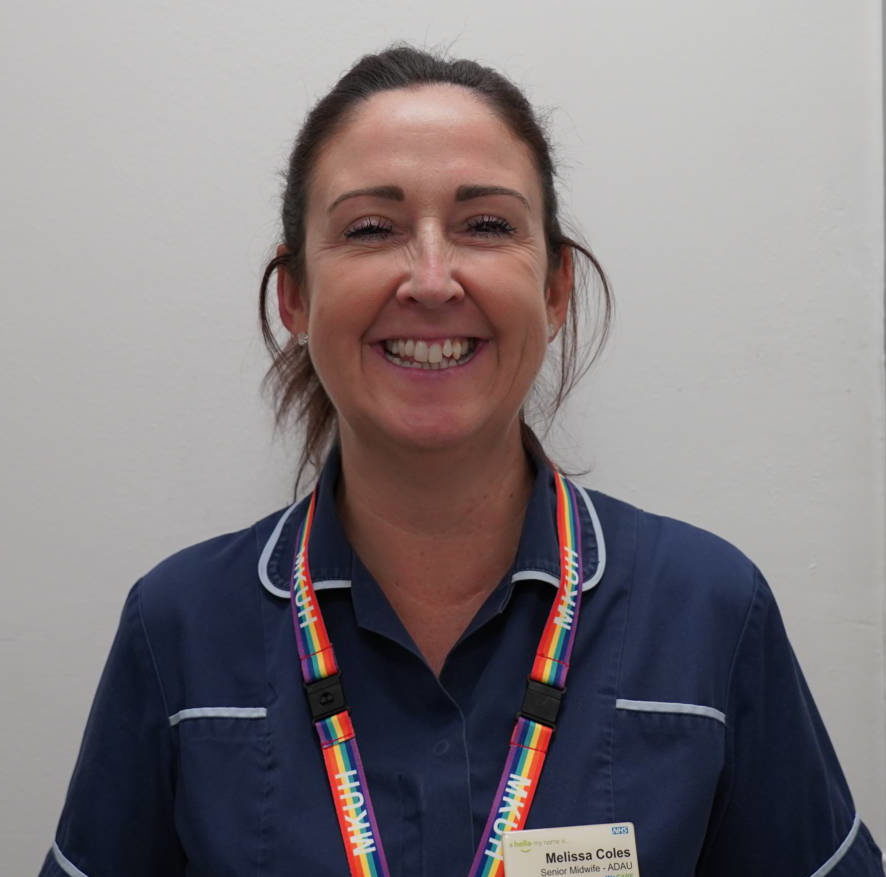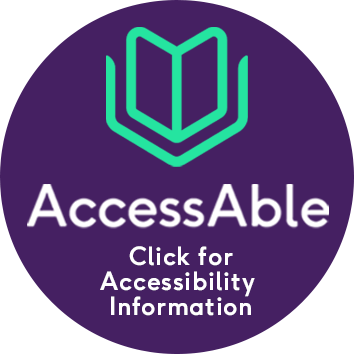Last Modified: 8:48am 05/08/2024
Antenatal Day Assessment Unit (ADAU)
Welcome to Antenatal Day Assessment Unit (ADAU).
There are seven triage beds and quiet rooms here. There are midwives and maternity support workers here to support and care for you and your baby.
You may also see a doctor for additional care for you and your baby whilst you are in ADAU.
Please call ADAU on 01908 996 481 if:
- you think your waters have broken
- your contractions are becoming more painful and regular and you need midwifery support
- you have experienced blood loss
- you have any concerns about the movements of your baby
- you have any other concerns.
The midwives will then be able to help you decide whether you can stay at home or if you need to be reviewed in hospital.
Watch this video to familiarise yourself with what the unit looks like.
How to get to us:
This short video will show you how to get to ADAU from the main entrance of the hospital.
Visiting:
We are open from 07:00 – 20:00. You are allowed to bring two people with you when you visit the unit.
The Unit Managers are:

Melanie Smith

Melissa Coles
For more visitor information, including restaurants, shops, and car parking, click here.

Accessibility
MKUH has partnered with AccessAble in order to provide a detailed access guide for the public. This guide lets you know what access will be available when you visit our hospital and services. In order to find out more about the route you will use for the ADAU please follow this link: https://www.accessable.co.uk
Join as a member of MKUH
Signing up to membership of Milton Keynes University Hospital is free, and benefits include NHS discount; email newsletters; opportunities to attend membership events and participate in service improvement initiatives and surveys; and voting for your local hospital Governor and even standing as a Governor in elections. It takes 60 seconds to sign up, which you can do by clicking here.
Staff
Imaging
Maternity
- Feeling your baby move
- Corticosteriods in pregnancy
- Birthing partners staying overnight
- Gestational Diabetes mellitus
- Assisted vaginal birth (ventouse or forceps)
- Meet the Maternity Team
- Staying comfortable during labour
- Epidural – Your Choice
- TB, BCG and your baby
- Screening tests for you and your baby (STFYAYB)
- Perinatal Mental Health
- Breech Presentation – What are your choices?
- Reducing the risk of pre-eclampsia – Information for women taking aspirin in pregnancy
- Down’s, Edward’s & Patau’s syndromes screening
- Monitoring your Baby’s Heartbeat in Labour
- Fetal Anomaly Screening Programme Handbook
- The Early Pregnancy Assessment Unit (EPAU)
- Use of water in labour and birth
- Postnatal Community Care
- HIV and Pregnancy – You and Your Baby
- GDm-Health
- Caring for your wound after having a caesarean section
- Outpatient Induction of Labour
- Induction of Labour
- Home Blood Pressure Monitoring in Pregnancy
- Perineal Care
- Feeding your baby during a hospital admission
- Antenatal Day Assessment Unit (ADAU)
- NHS Fetal Anomaly Screening Programme
- Blood Groups and Red Cell Antibodies in Pregnancy
- Birth Reflections
- Understanding why your baby died
- Gestational diabetes using the GDmHealth App
- Pregnancy information for women with Type 1 or Type 2 diabetes
- Vitamin K for Newborn Babies
- Pethidine Injection for homebirths
- Loss of Your Baby – Neonatal – Guidance for parents
- Late Miscarriage or Termination of Pregnancy for Medical Reasons – Guidance for parents
- Stillbirth or Termination of Pregnancy (over 24 weeks) – Guidance for parents
- Tongue Tie Division to Improve Breastfeeding
- How to take your blood pressure at home using an upper arm monitor
- Suspected Pulmonary Embolism in Pregnant Women
- Antenatal Colostrum Collection
- A guide to starting insulin for women with gestational diabetes
- Early Pregnancy Scan
- Anomaly Scan Information
- Back and Pelvic Girdle Pain in Pregnancy Advice and Exercise
- Home birth at MKUH
Neonatal Unit
Pain Management
Physiotherapy
